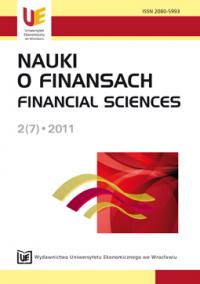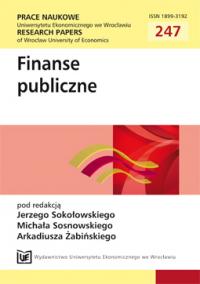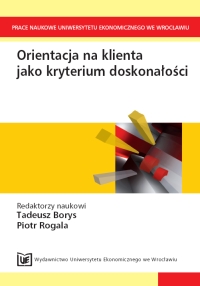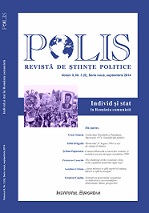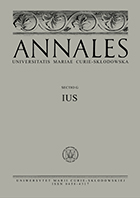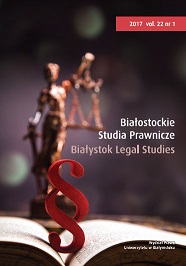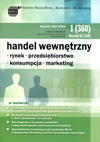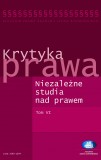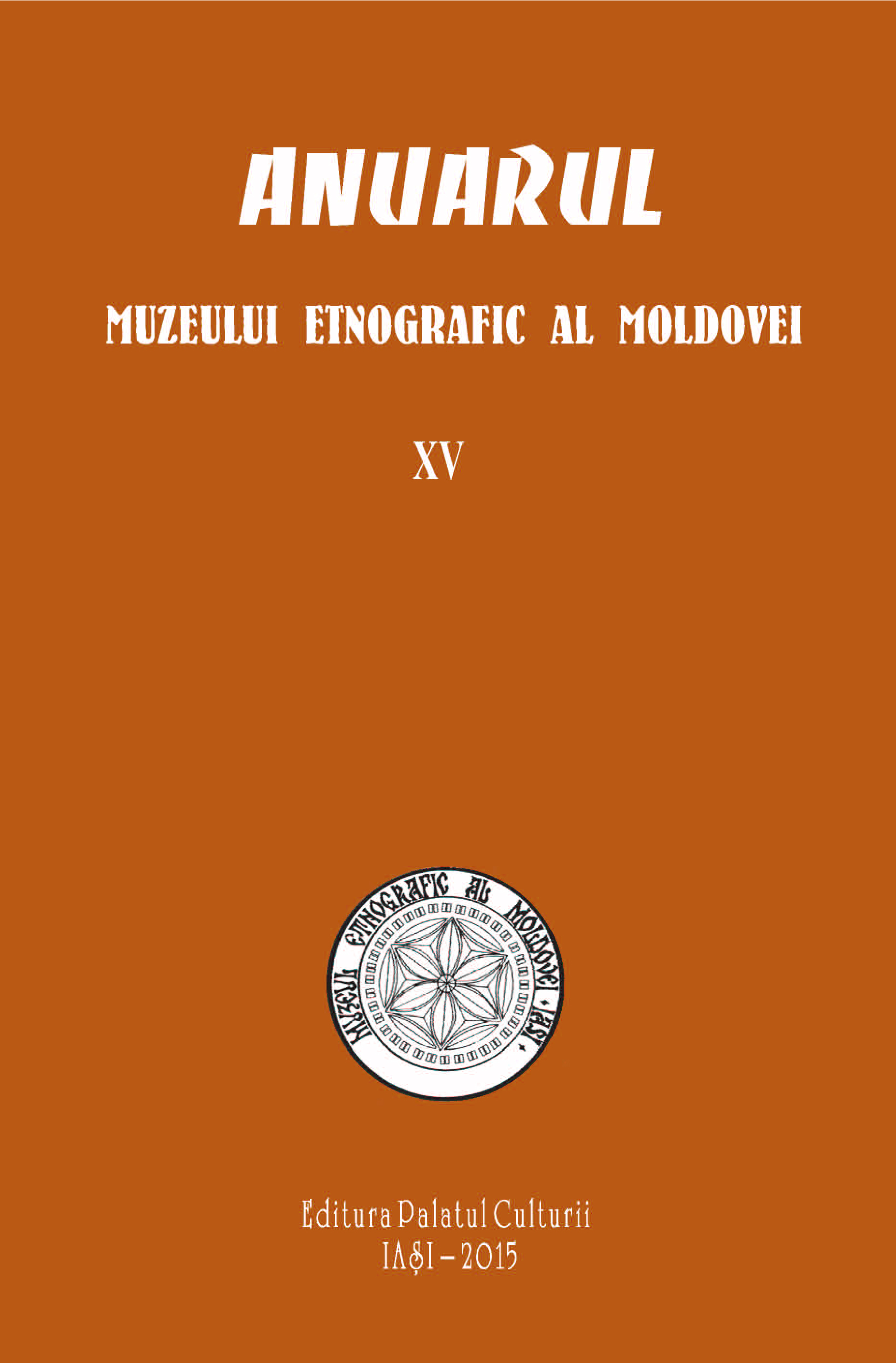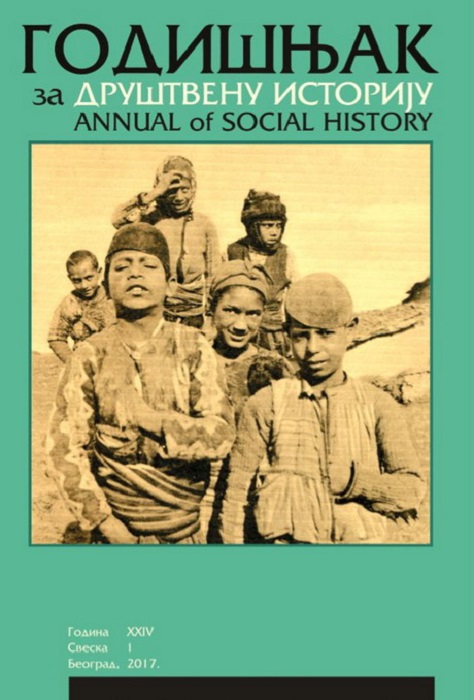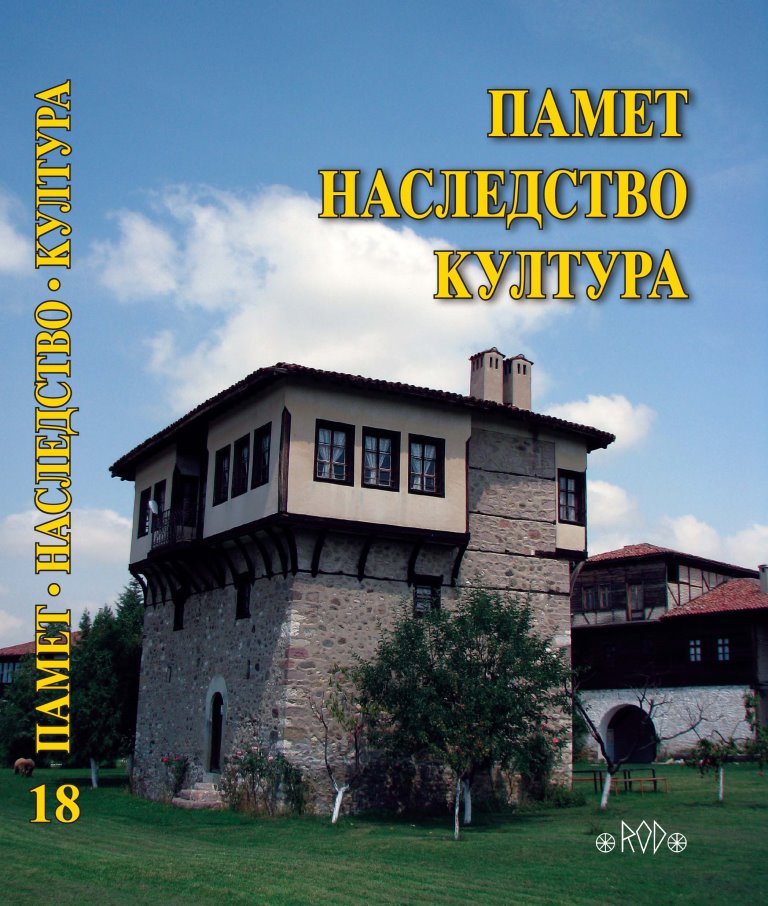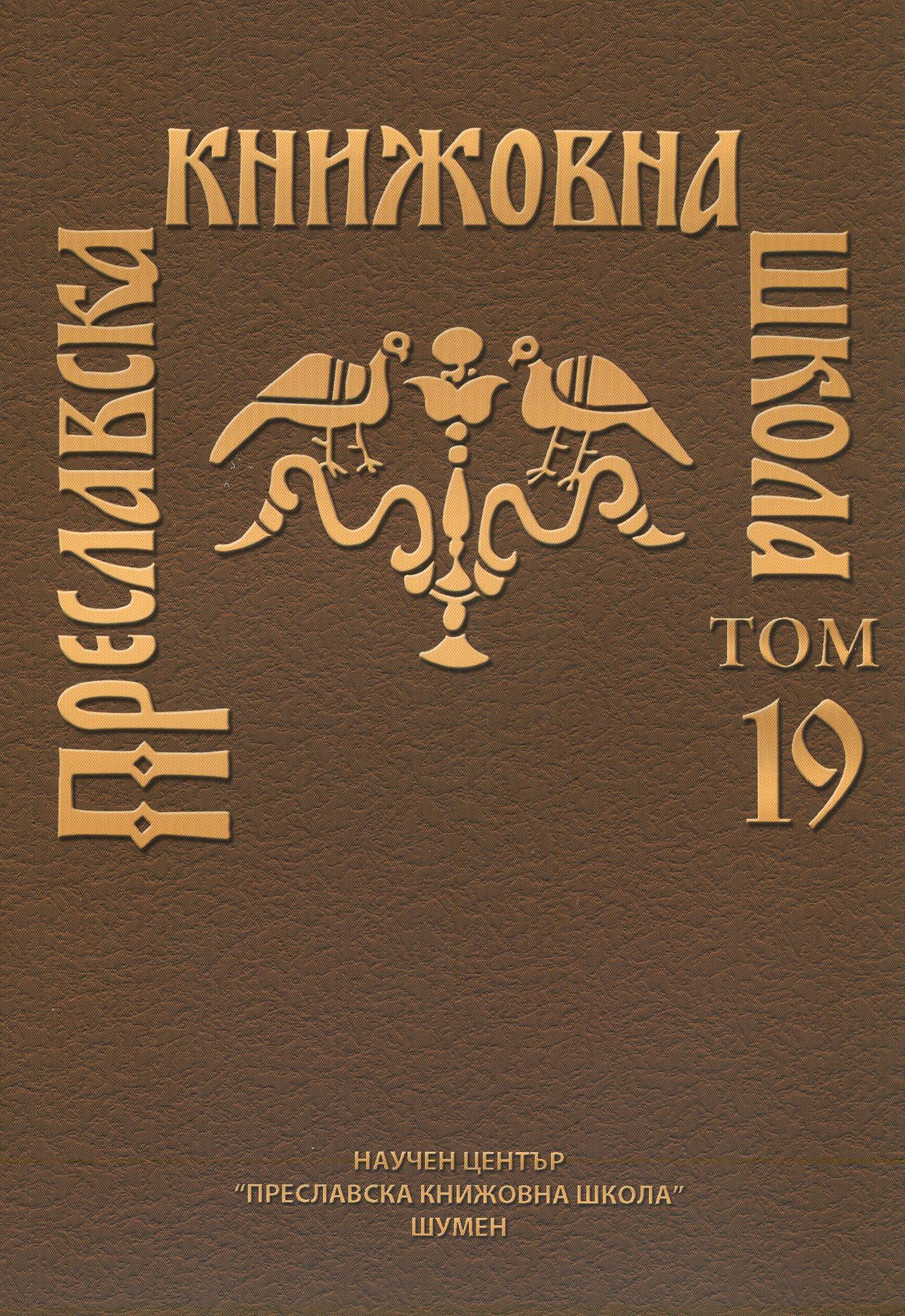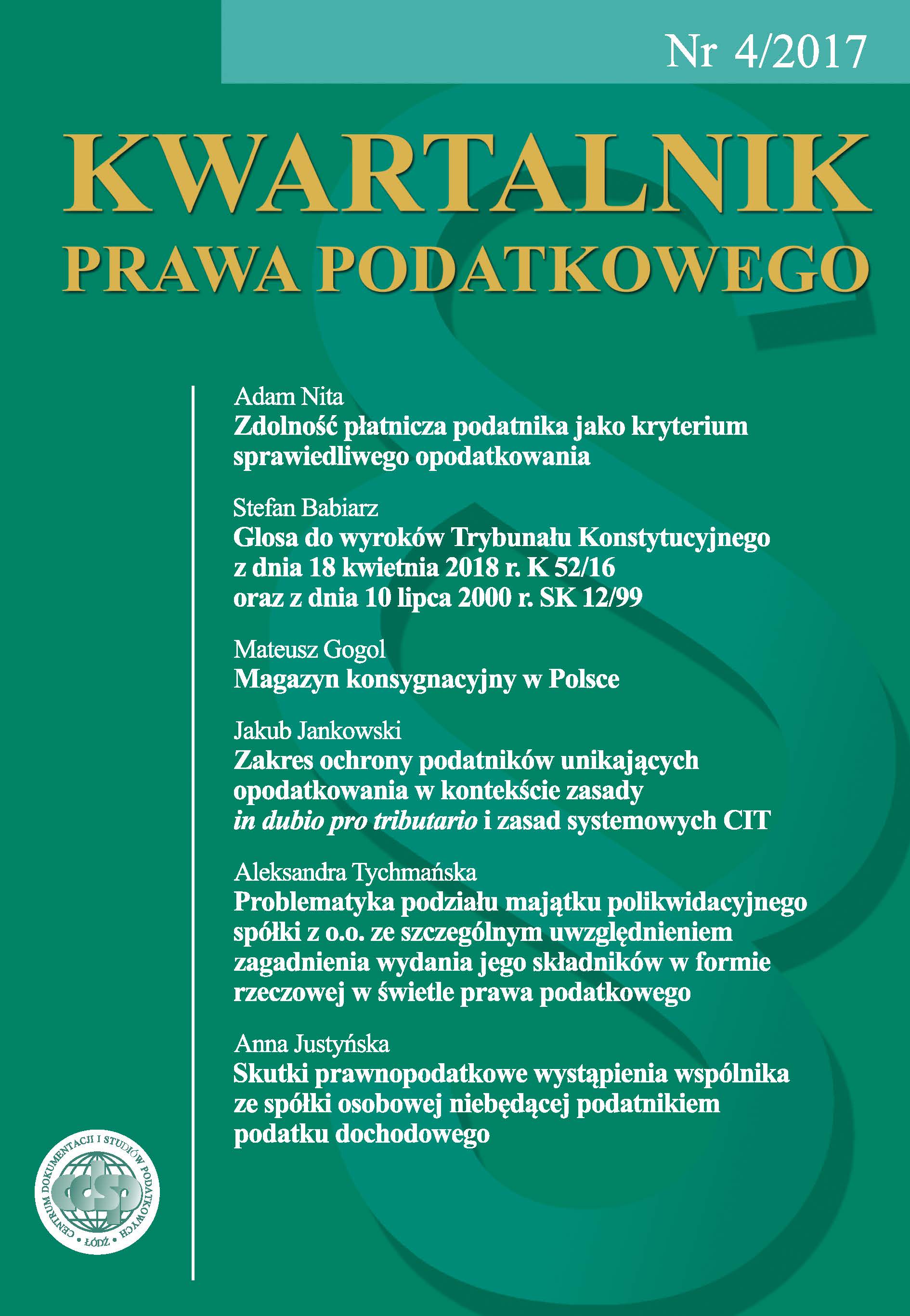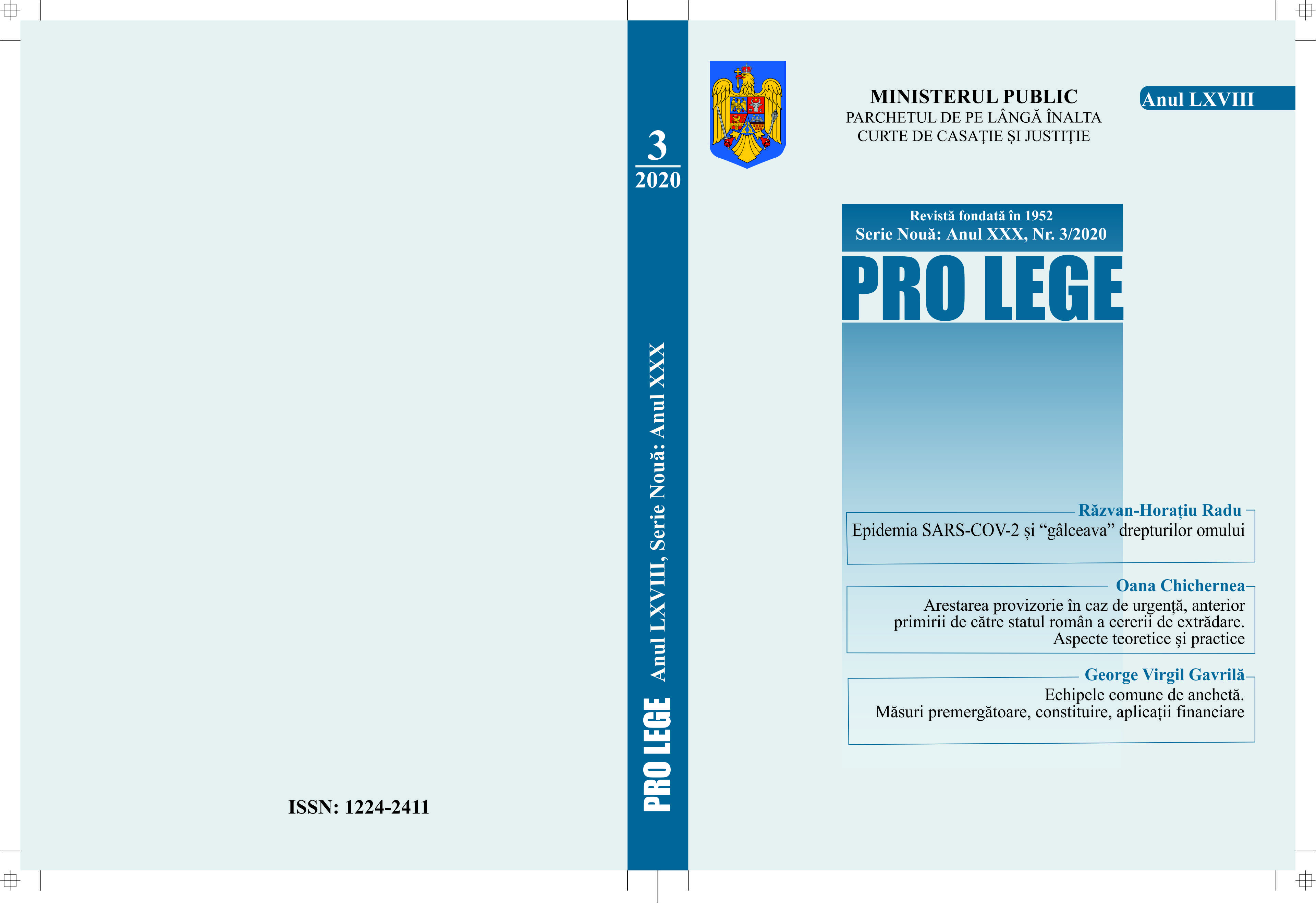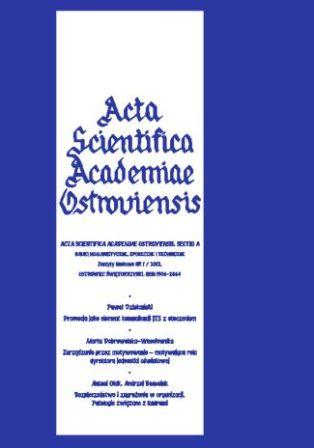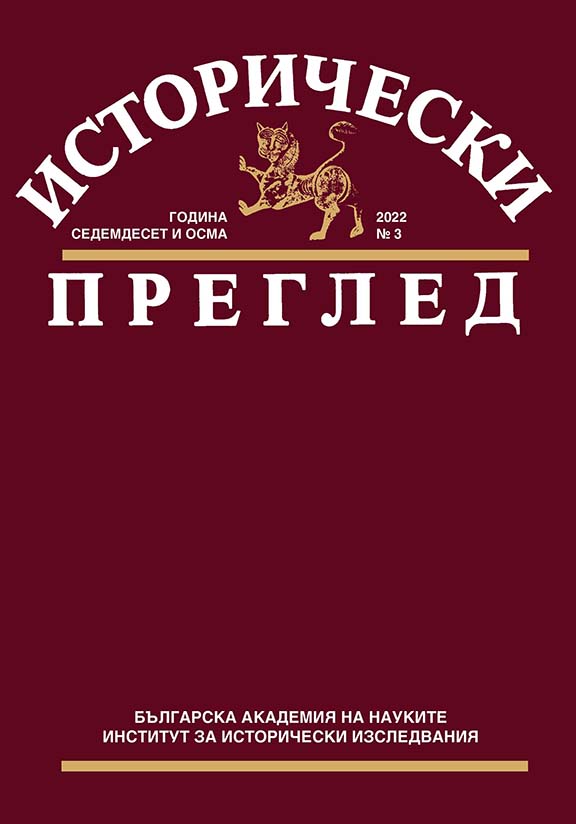„Данас је вашар у Ваљеву и посета је музеју била обимна”
Author(s): Vladimir Krivošejev / Language(s): Serbian
/ Issue: 1/2017
Keywords: Valjevo; museum; audience; visitors; records; social categories; development of historical thought
Since the opening ceremony of the first permanent exhibit at National Museum of Valjevo in September of 1951, multiple records of attendance were kept consistently. The principal document was the Observational Diary of Attendance. In addition, monthly, yearly and long-term graphical and tabular data analyses were constructed on its basis. In these documents, visitors were classified in three categories: soldiers, students and others, while the others category consisted of the following subcategories: visitors outside of the area and workers, clerks, housewives and farmers from the area (district of Valjevo). Such a way of record keeping shows that great care was being taken by the state in order to evolve museum audiences in the decades following World War II, in order to enable museographical narratives to develop social and historical thought in a variety of different social groups.
The largest body of attendees were students (the ten-year average from 1951. to 1961. was 35%). This category constituted of both students from Valjevo, who rarely attended individually, mostly arriving in organized groups throughout the year, as well as students on excursions, who attended in October, May and June – months in which they constituted the majority of visitors by far. The soldier group amounted to 28% of the ten-year average, while the others category made up 37%, with the majority of visitors coming from the district of Valjevo. Visitors outside the district made up a quarter of the others category, while the most populous subgroup by far were the farmers from within the district.
Unlike today, when permanent museum exhibits serve mostly as “tourist attractions” for visitors from outside the area (predominantly organized student groups), in the decades following World War II, they were primarily intended as “alternative classrooms” for local citizens. Community members came to museums as part of their established educational processes, as well as for informal education. The citizens were stimulated by the state’s strategic efforts focused on developing social and historical thought, fuelled by a need to become conscious of their identity, gain additional knowledges and satisfy personal curiosities. These goals were mostly achieved in citizens’ free time, during a period when there wasn’t such a vast competition of media, as there is today.
More...

